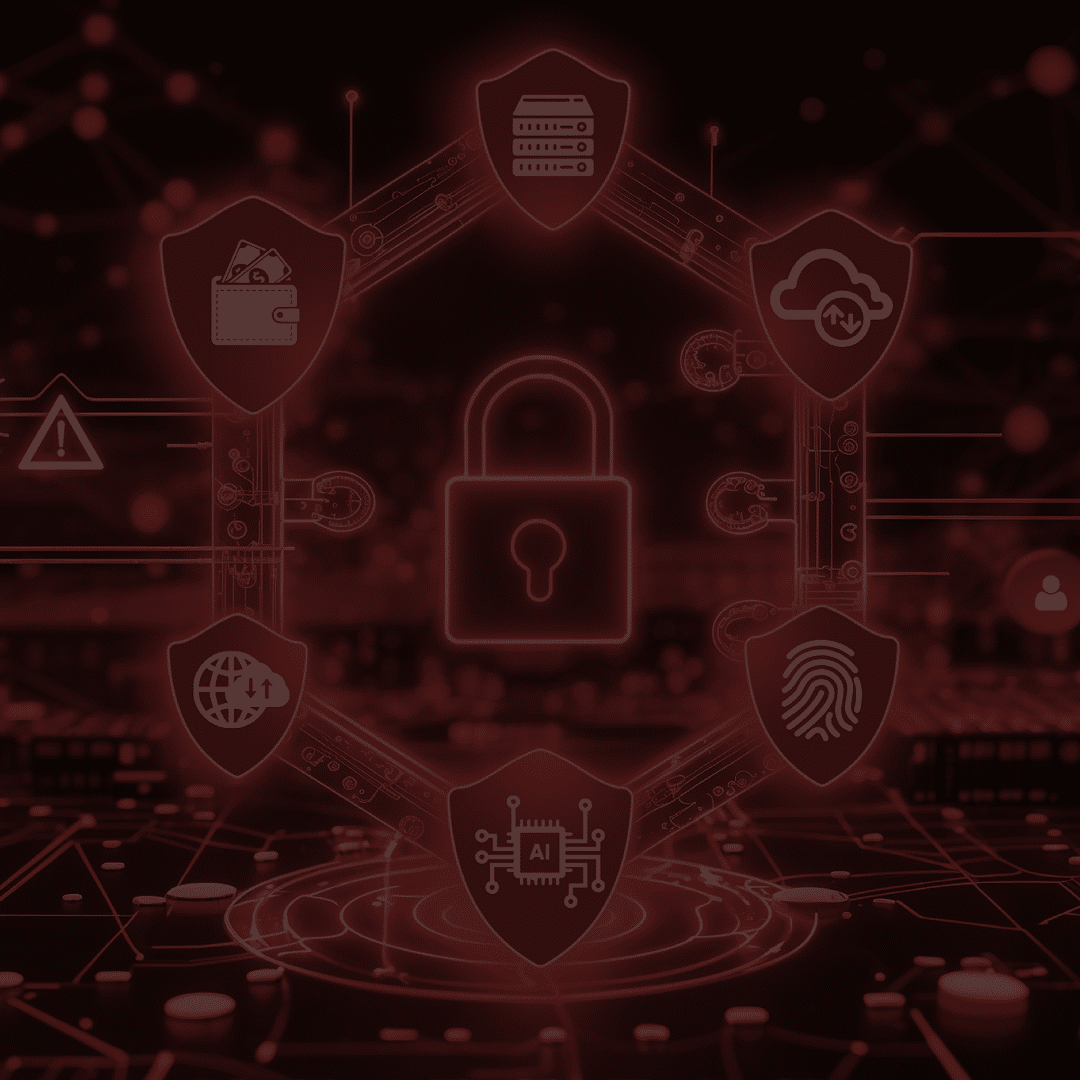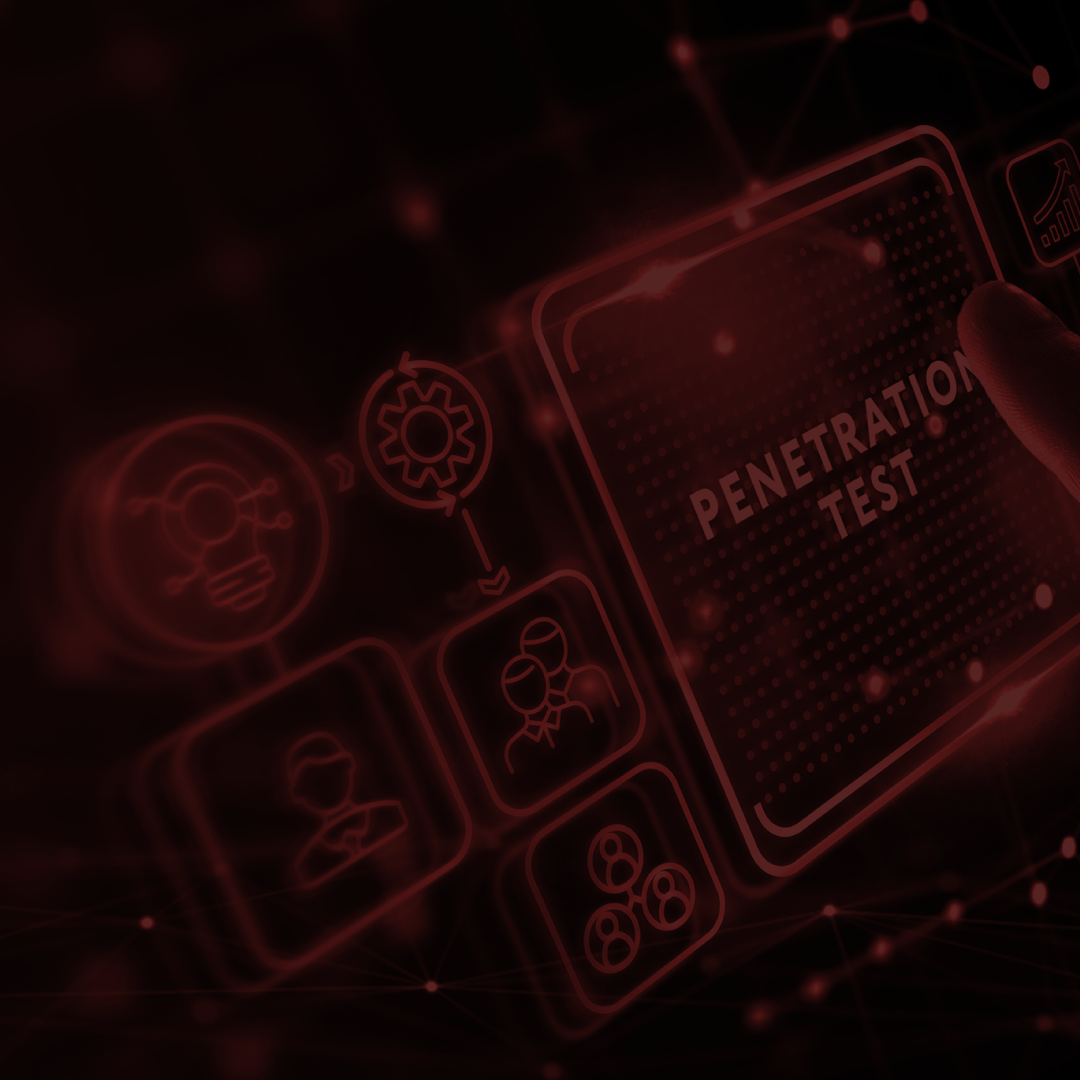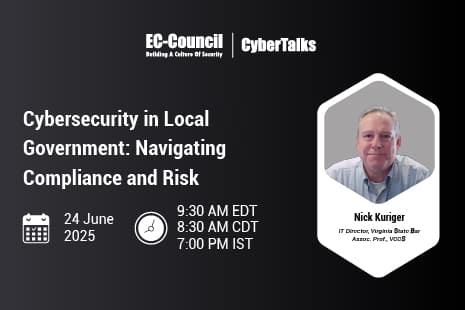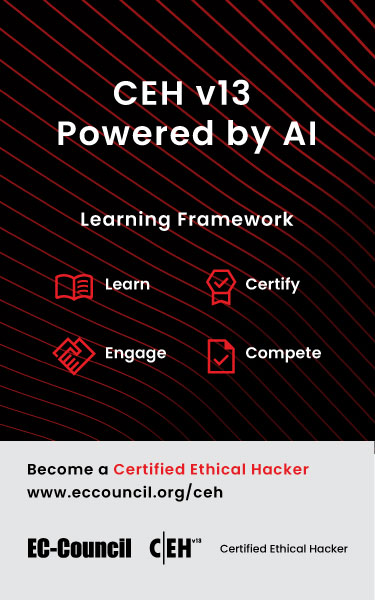If you’ve been interested in becoming a cybersecurity professional, you may be asking the following questions:
- How can you add value to an organization’s security strategy?
- Which forensic tools are most effective against cybersecurity threats?
- What is the best career path for an aspiring ethical hacker?
- Which technical skills are hiring managers in cybersecurity looking for right now?
- Is the cybersecurity skills gap real?
- What is the most in-demand cybersecurity skill in 2025?
- How much can you earn as a cybersecurity analyst?
The good news is that the demand for cybersecurity professionals is at an all-time high, and companies are scrambling to find qualified professionals. This is partly due to the ongoing threats of hacks, data breaches, and other security incidents—it’s estimated that around 30,000 websites are attacked each day, often exposing sensitive user data (Bulao, 2020). This has caused governments worldwide to enact legislation imposing stricter penalties on both cybercriminals and companies that experience breaches, whether as a result of inaction, outdated hardware or software, or lax protocols. Most countries now require companies to protect customers’ personal information.
If you want to have a successful cybersecurity career, filling an identified skills gap can be a great way to make yourself stand out from the crowd. But what specifically should an aspiring cybersecurity professional study? In this article, we’ll discuss four of the most in-demand cybersecurity skills for 2025 and beyond. We’ll also cover EC-Council’s Certified Ethical Hacker (C|EH) program: a course we’ve designed to teach you everything you need to know about ethical hacking techniques and strategies.
Penetration Testing
One of the most in-demand cybersecurity skills for 2025 is penetration testing. As businesses move more of their data to the cloud and adopt more digital applications, they become more vulnerable to cyberattacks. This is where penetration testers come in.
Penetration testers use their knowledge of hacking techniques to lawfully test an organization’s security systems for weaknesses. They attempt to break into the system, just as a malicious hacker would, and report their findings to the organization. This enables the organization to fix vulnerabilities before hackers can exploit them.
Penetration testing is a crucial cybersecurity skill that is in high demand for businesses of all sizes. If you want to become a penetration tester, you need a strong understanding of network security, operating systems, and application security. You should also be familiar with common hacking tools and techniques.
Application Security
As the use of smartphones and tablets continues to increase, so does the need for application security. Application security is the critical process of securing applications against unauthorized access or modification. Although organizations are increasingly looking for qualified professionals with experience in this area, many have had trouble finding trained cybersecurity experts who can protect their applications from hackers.
If you want to specialize in this area, you need a good working knowledge of software and application development processes and methodologies. You should also be familiar with common security threats to web and software applications and how to mitigate them.
Network Security
Network security is another skill that is highly demanded by businesses, as hackers are increasingly targeting networks in attempts to access sensitive data. Network engineers, administrators, and designers are responsible for creating and implementing secure network architectures to protect against these cyberattacks. If you want to become a network security professional, you need to thoroughly understand network architecture and design. You should also be familiar with data transmission protocols and services as well as common hacking techniques, such as social engineeringCloud Security
Cloud-based services and storage are becoming increasingly popular among businesses due to the many advantages they offer, like cost savings and increased efficiency. However, using cloud services also introduces new security risks that organizations need to address. This, in turn, has created new opportunities for cloud security professionals.
Cloud security professionals are responsible for protecting data and applications hosted in the cloud. They do this by designing and implementing security controls that protect an organization’s cloud infrastructure against cyberattacks.
To be successful in this area, you need to both understand general cloud computing concepts and develop specialized cloud security skills. You should also be familiar with common hacking techniques and how to defend against them.
Which Cybersecurity Skill Will Launch Your Cybersecurity Career?
Digital security is a complex field, and aspiring cybersecurity professionals need to develop the skills to mitigate a wide range of security issues and associated risks. If you’re looking for a challenging and rewarding career in the cybersecurity field, these four skills are great areas to focus on.
While there are many cybersecurity and information technology certifications out there, not all of them will provide you with the specific skills needed in this rapidly growing industry. EC-Council offers certifications in a variety of security domains, including computer forensics, cloud security, and penetration testing, that will teach you how to mitigate threats, conduct security audits, and identify weaknesses in networks, systems, and applications.
Start Your Cybersecurity Career with the Certified Ethical Hacker Program
When it comes to ethical hacking training, not all courses are created equal. EC-Council’s C|EH is the most up-to-date and comprehensive ethical hacking course available today. In the C|EH program, you’ll learn about the techniques, methods, and tools used by malicious hackers so that you can defend against these attacks with your own ethical hacking skill set. The C|EH curriculum covers various types of attacks, including social engineering tactics, exploitation of web application vulnerabilities, wireless network hacking, and more.
By learning how hackers think and operate, you’ll develop the skills you need to protect organizations from cyberattacks and become an in-demand cybersecurity specialist. To get started, Contact EC-Council today.
References
Bulao, J. (2022, March 14). How many cyber attacks happen per day in 2022? TechJury.
https://techjury.net/blog/how-many-cyber-attacks-per-day/











